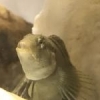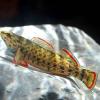Snakehead ?
#61
 Guest_mywan_*
Guest_mywan_*
Posted 21 April 2011 - 04:01 PM
#62
 Guest_rjmtx_*
Guest_rjmtx_*
Posted 21 April 2011 - 06:03 PM
The cayman was simply a predator in a native habitat with a fish out of its native habitat, even though it was originally the location of the fishes native habitat. You could plug in water moccasin in place of cayman and the point would be the same.
Huh? All predators are not created equally, and when you consider the evolutionary arms race and intricate predator/prey relationships and evolutionary trajectories of organisms sharing systems vs. organisms whose ancestors have not had contact for millions of years, there is a very big difference between Caymans and, say, American Alligators.
If this is pertaining to a native habitat *type* created by the dam, the non-native still does not have a rightful place there. That created habitat could very well occur naturally in other parts of the stream without the aid of the dam. This is why simply shuffling species around as we see fit, even though this European/Asian/S. American/African organism is a lot like a native in some way, can lead to such disastrous consequences.
#63
 Guest_mywan_*
Guest_mywan_*
Posted 21 April 2011 - 06:43 PM
#64
 Guest_wargreen_*
Guest_wargreen_*
Posted 22 April 2011 - 09:58 AM
You are right that the non-native has no right to that habitat, but the point is that the native does have a right to its own habitat being its actual native habitant with or without non-natives present. Hence the manner of the death in the original context "caymen" was used was only relevant to the extent that the death was imminent as a result of the habitat degradation we imposed. What specific non-native eat the fish was immaterial to the point, as what eat it was merely an excuse to overlook the abiotic habitat issues we created that left the native without an effective sanctuary.
It seems to me that to successfully reintroduce native species into altered habitats that are overrun by invasives, you would need to both try to repair some of the damage to the habitat while also controlling the amount of non-native species being introduced into that habitat and in living in the natives habitat.
#65
 Guest_wargreen_*
Guest_wargreen_*
Posted 22 April 2011 - 10:00 AM
Huh? All predators are not created equally, and when you consider the evolutionary arms race and intricate predator/prey relationships and evolutionary trajectories of organisms sharing systems vs. organisms whose ancestors have not had contact for millions of years, there is a very big difference between Caymans and, say, American Alligators.
If this is pertaining to a native habitat *type* created by the dam, the non-native still does not have a rightful place there. That created habitat could very well occur naturally in other parts of the stream without the aid of the dam. This is why simply shuffling species around as we see fit, even though this European/Asian/S. American/African organism is a lot like a native in some way, can lead to such disastrous consequences.
I agree, and It would be hard for me to think of a non-native fish more aggressive than the Northern or Bullseye Snakeheads.
#66
 Guest_ashtonmj_*
Guest_ashtonmj_*
Posted 29 April 2011 - 06:25 AM
#67
 Guest_wargreen_*
Guest_wargreen_*
Posted 29 April 2011 - 11:11 AM
Getting back on the topic of snakeheads, they have made some really long disatnce movements lately. One was recently caught in the Potomac River near Whites Ferry and another was recently caught near Northeast Creek, which is in the upper Chesapeake Bay. Both are considerable distances from their nearest locality with considerable natural barries that had to be overcome.
Thats definately not good news.....has anyone yet done any studies on the effect of native fish populations in the Potomac; the only studies I have been able to find on the net are about how the Snakeheads populations and area is increasing and that they love to eat natives.....but I havent been able to find anything on how big the impact is on the native fish species, thanks Joe.
Edited by wargreen, 29 April 2011 - 11:11 AM.
#68
 Guest_dmarkley_*
Guest_dmarkley_*
Posted 29 April 2011 - 12:15 PM
Getting back on the topic of snakeheads, they have made some really long disatnce movements lately. One was recently caught in the Potomac River near Whites Ferry and another was recently caught near Northeast Creek, which is in the upper Chesapeake Bay. Both are considerable distances from their nearest locality with considerable natural barries that had to be overcome.
Wow, they are moving up the bay fast. I wonder if there is any concern with them getting into the Susquehanna River? All three lower dams have fish lifts in place.
#69

Posted 19 May 2015 - 09:47 PM
Are there any more updates on the snakehead pandemic? I haven't spent more than a couple weeks in Virginia in the past few years but I know it was a huge deal.
#70

Posted 20 May 2015 - 08:45 AM
They are established in the Tidal Potomac and have been found in many Chesapeake tributaries on both sides of the Bay.
By the way, the one supposedly caught at Whites Ferry was actually caught below the fall line by an angler that didn't have a tidal license (or something like that) and wanted to get the publicity without getting in trouble about his licensing issue...so he lied about his catch. I believe he was caught and fined for his infraction. As far as I know, they have not been caught in the Upper Potomac.
Yes, they're delicious, fight like gangbusters, and are now permitted to be released if caught as long as they're released where they were caught. Possession of live snakeheads is still illegal, and must be killed if you plan to keep them for food, meaning dead in your livewell or cooler if you get stopped by the DNR or other authorities. There are tournaments just about every weekend, both angling and bowfishing, and it's amazing how many adult fish they kill each week. The populations don't seem to be declining at all.
As far as bass fishing goes, I am not familiar with impact studies due to the snakehead population, but as far as my angling experiences go, the bass fishing opportunities remain strong. That said, I have not caught many snakeheads, hooked and lost a few, and caught this 36.5" one that weighed 14 pounds a couple years ago. It was delicious, maybe the best that fish I've ever had. I guess that I'm sad about that and feeling a bit guilty about enjoying the catch and meals.
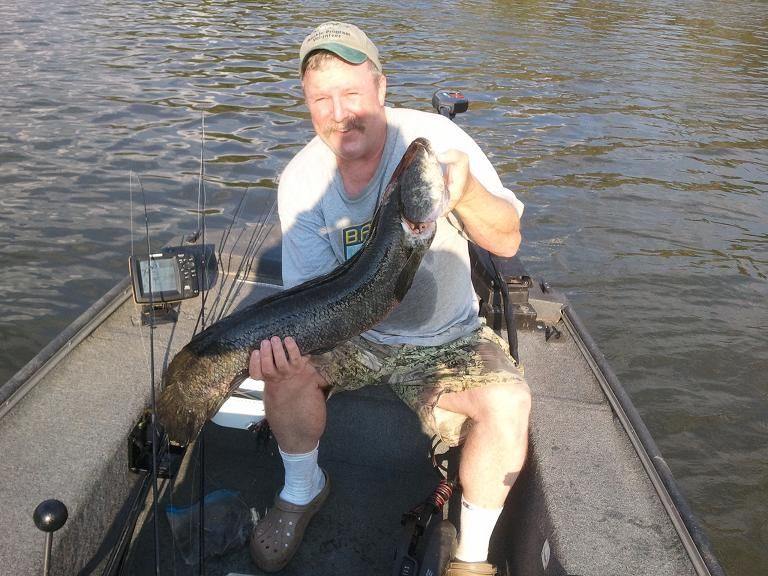
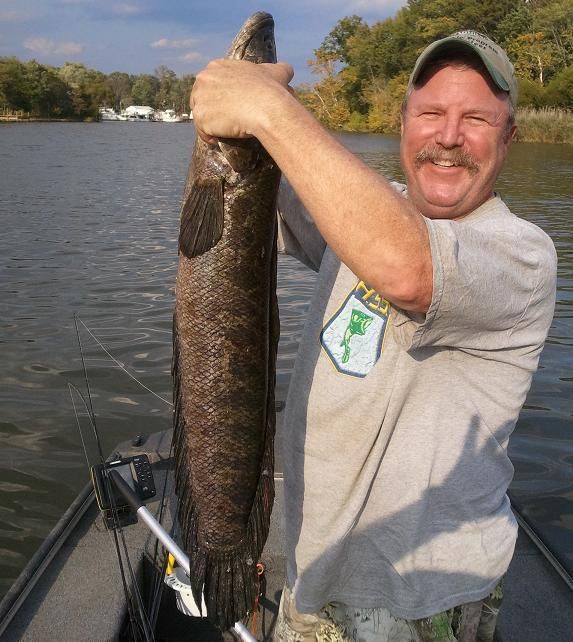
Broiled with Roasted Garlic and Herb spice basted with olive oil...more than dead...comsumed.
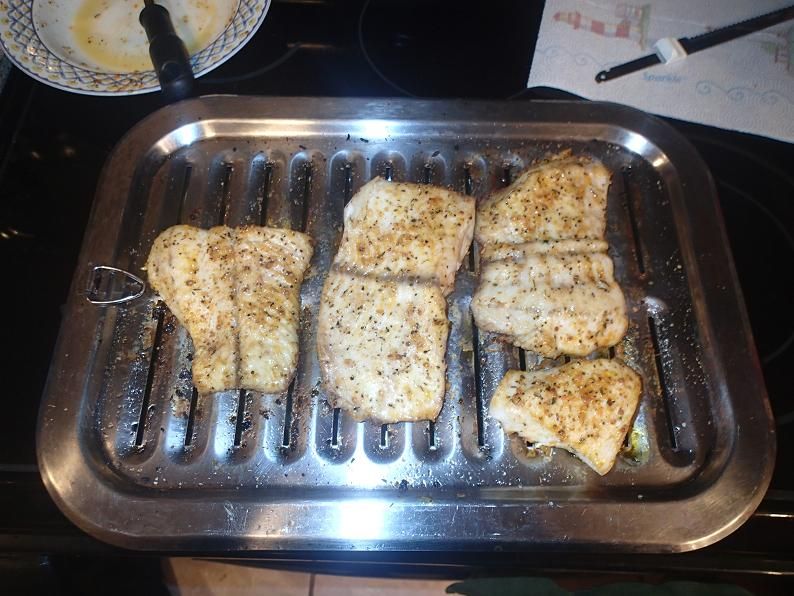
Went well with tater tots:
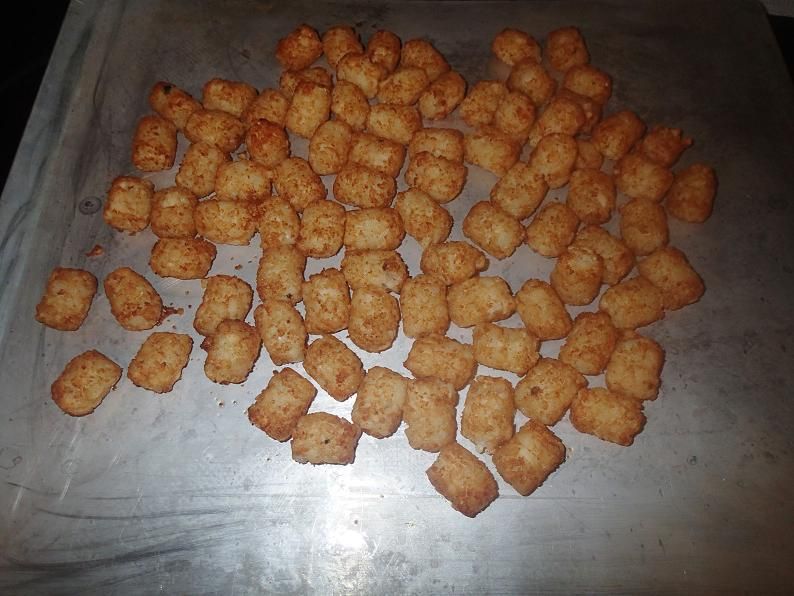
The business end of the snakehead:
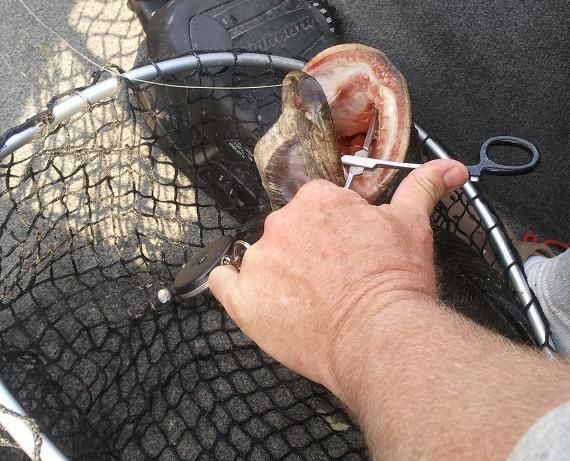
Huge head:
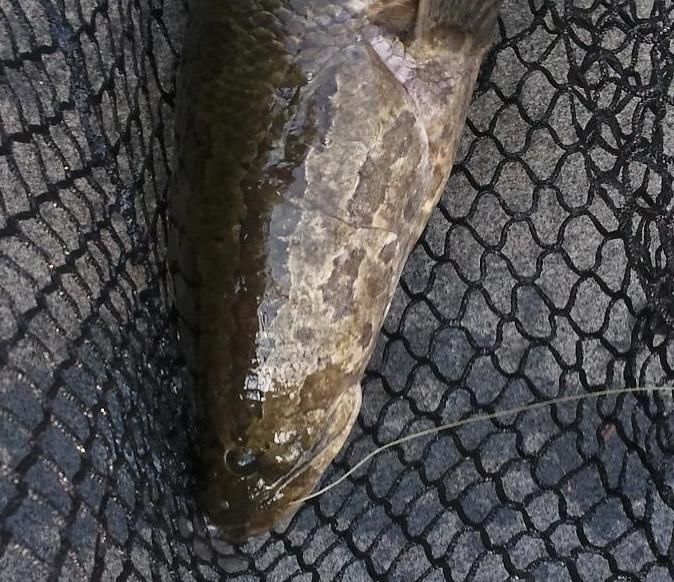
As far as the future goes, even though it's now "legal" to release them, I will do my part and continue to eat every single one that I catch. I don't know what the impact will eventually be...but I'd be interested in future studies.
Kevin Wilson
#71

Posted 21 May 2015 - 01:23 PM
That is a massive fish and those steaks looked delicious!
#72

Posted 21 May 2015 - 01:49 PM
That is a massive fish and those steaks looked delicious!
I'd rank the taste as perhaps the best fish that I have ever eaten, even better than crappie, white perch, striper and walleye...and that is saying something! In my opinion, they are much like striper. However, the concern about them still exists as before.
I encourage anyone that catches one to kill it and bring them home to eat, to do our part to control them as much as we can, and not release them. Your reward isn't some fancy gift card or prize, but rather one of the best tasting fish that can be caught and eaten from the Potomac, and knowing that you're helping out the watershed as much as possible. If you don't eat fish, give them to someone that does. They will appreciate it and so will the fishing community in the area.
Kevin Wilson
#73

Posted 21 May 2015 - 02:28 PM
Would it be possible to taxidermy one, I wonder? They're very neat and would make for a rather nice display.
How active are they? Might it be possible to keep one in a koi-pond-type-structure, or would they climb out? Fish who need strategy to hunt seem to all be pretty smart, and I'd rather like to see if one could be trained.
#74

Posted 21 May 2015 - 02:37 PM
Would it be possible to taxidermy one, I wonder? They're very neat and would make for a rather nice display.
How active are they? Might it be possible to keep one in a koi-pond-type-structure, or would they climb out? Fish who need strategy to hunt seem to all be pretty smart, and I'd rather like to see if one could be trained.
Betta, I'd say that yes, they could be mounted. I believe that someone landed the world record last year on the Potomac, a couple pounds more than my fish. If I caught the new world record, heck yeah I'd have it mounted.
As far as keeping them alive, I don't think that is legal in anywhere in the US. I could be wrong about that, so maybe someone who knows for sure can chime in. I know for sure in my state that it is illegal to transport them alive regardless of where or how they were obtained.
Kevin Wilson
#75

Posted 21 May 2015 - 07:59 PM
All channa are illegal to keep alive in the U.S. It really sucks though, because they are the best aquarium fish I have ever kept.
#76

Posted 23 May 2015 - 10:57 AM
I'm back in Virginia (It's great to be home). Did some digging just to familiarize myself a bit more and found this distribution map on the Virginia DGIF site.
http://www.dgif.virg...bution-2015.pdf
I still need to get my license but may take a trip over to Burke Lake or somewhere else to fish around (not for snakeheads...just in general). My dad was saying he wants to go fly fishing (I think it's been about 30 years) of course I can't help him there.
I read on another site that snakeheads have been found in Burke Lake. I'm disappointed in that. I hope it doesn't destroy the system there. That was a place I'd always love going to growing up.
#77

Posted 23 May 2015 - 11:26 AM
I hadn't heard that they were found in Burke Lake, but I wouldn't be surprised if they are. I grew up very close to Burke Lake (Springfield), and am still in the general area. I wouldn't worry about the possible addition of Channa argus being in that lake as it is stocked and has a bunch of game fish in it anyways. From what I hear Snakehead fishing a really fun, so take it as a bonus if you catch one.
Depending on what species your dad wants to fiy fish for, and how far he is willing to travel let me know and I could put you on some really good spots.
#78

Posted 23 May 2015 - 09:02 PM
I hadn't heard that they were found in Burke Lake, but I wouldn't be surprised if they are. I grew up very close to Burke Lake (Springfield), and am still in the general area. I wouldn't worry about the possible addition of Channa argus being in that lake as it is stocked and has a bunch of game fish in it anyways. From what I hear Snakehead fishing a really fun, so take it as a bonus if you catch one.
Depending on what species your dad wants to fiy fish for, and how far he is willing to travel let me know and I could put you on some really good spots.
That would be great. My dad rarely takes any time off but if I can convince him to give it a shot I'll let you know. He did invest in a fishing pole (standard, not fly) so perhaps I'll be able to get him outdoors for that.
Thanks much.
#79

Posted 24 May 2015 - 08:28 AM
Im not sure about encourage anyone to not release them back after they have been caught. If they don't want to eat, let them go instead of dumping rotten dead fish on banks.
I'd rank the taste as perhaps the best fish that I have ever eaten, even better than crappie, white perch, striper and walleye...and that is saying something! In my opinion, they are much like striper. However, the concern about them still exists as before.
I encourage anyone that catches one to kill it and bring them home to eat, to do our part to control them as much as we can, and not release them. Your reward isn't some fancy gift card or prize, but rather one of the best tasting fish that can be caught and eaten from the Potomac, and knowing that you're helping out the watershed as much as possible. If you don't eat fish, give them to someone that does. They will appreciate it and so will the fishing community in the area.
#80

Posted 24 May 2015 - 01:00 PM
Dead snakehead on the bank is better than live snakehead in the water. They're really cool fish, but they don't belong in our rivers, and they can kinda screw everything up for everyone else.
0 user(s) are reading this topic
0 members, 0 guests, 0 anonymous users


